Grains are a confusing and controversial issue. People vary in their approach – eat whole grains, eat only soaked/sprouted/soured grains, grains are bad for you, etc. Unfortunately, this can get very divisive, with some assuming that what works for them is “the” answer. They even trot out research to share their position and try to convince others to share their thinking.
There’s nothing wrong with this, per se. I like to read new information even (especially) if it conflicts with what I already know. Learning new things is great. What isn’t great is “…and this is the best way, and the only way.” Sorry, but everyone’s different and everyone has different dietary needs. I just don’t believe there is one right way.
I strongly believe we are (generally) meant to be omnivores. I don’t like cutting out entire food groups. Every time we have considered doing such, or have done such (we have been grain-free, dairy-free, vegetarian, etc. at different times), we were never as healthy as when we ate an omnivorous diet.
That said, I’m going to tell you what we do, and why we do it. Maybe you’ll see how it could work for you, too. Or maybe not. The point is to share what works for us.
Soaking Grains
I first heard about soaking grains about five years ago. I had no idea what it was, or why anyone would do it. It seemed totally unnecessary. Weren’t whole grains alone just fine? I rejected the idea. (You can read more about why soaking is done here. Here’s how to soak.)
But a year later, after walking through gluten intolerance, grain-free living, several food allergies, and GAPS, my thoughts on soaking had changed. I noticed if I soaked or sprouted grains that my family could tolerate them. If not, then they didn’t. It was far easier to be able to eat grains when properly prepared than to have to avoid them forever.
(And I know. Someone is going to say “But that doesn’t mean they are good for you. You might feel okay, but research shows you are really doing damage to your bodies and you need to stop eating grains entirely.” But no, I don’t believe that. We were grain-free for awhile, more than once. We felt weak and starving and we struggled with it. We felt much more balanced when we ate soaked whole grains than none at all. And again – what’s right for one, isn’t right for all. If you feel best off grains, awesome! That’s not the case for everyone.)
Which Grains and Why?
After determining that “grains” were better for us than “no grains,” the question became, which grains, and how to prepare them? I did a series of experiments, for us, where I prepared only gluten-free grains for a few days, then only unsoaked grains, then only soaked whole grains, and even some refined grains (white flour/white rice).
I noted the following reactions:
White Flour
I felt very spacey and could tell that my blood sugar spiked when I ate white flour or anything made with it. This would be followed by a crash and sleepiness. I tended to generally not feel well so I usually avoid white flour now. I use small amounts for dusting surfaces when kneading bread, or thickening sauces, and rarely for special treats, but we don’t regularly consume white flour. I noted similar occurrences when consuming white rice. I do believe that white flour in excessive amounts is bad for basically everyone because it is so refined.
Gluten-Free Grains
Gluten-free was fine for us. We had/have no issues with these grains (rice, quinoa, etc.). But, I didn’t feel any better off gluten than I did on it, whether I was off for days or weeks. I concluded that gluten is not an issue for us.
Unsoaked Whole Grains
This was really interesting. Would soaking really make that much difference? For us, it did. When baking with unsoaked whole grains, I noticed that the bread sat more heavily when I ate it, and I didn’t feel as full, either. I also noted some blood sugar spikes, although not as badly as with white flour.
More interestingly, I noted extra thirst, brain fog, and even irritable/aggressive behavior in both myself and the kids. It also led, occasionally, to stomachaches and nausea. I concluded that unsoaked whole grains were not good for us.
Soaked and Soured Whole Grains
These days, we prepare all our bread products at home, from either soaking with raw milk, or using a traditional sourdough culture. I tend to soak if I want anything sweet (like pancakes, waffles, muffins) and sour when I want savory (loaves of bread, tortillas, etc.).
I use the exact same flour that I used for my unsoaked experiments, and often even the same or similar recipes. The only difference is that the flour is soaked for 12 – 24 hours before baking. After consuming these bread products, I notice only satisfaction – no stomach issues, no brain fog, etc. I believe that the issue for us is phytic acid, not gluten. Phytic acid (and gluten, actually) are broken down during the soaking and souring processes. We do well with these and feel healthy with them in our diet.
How We Handle Grains
For us, soaked and soured grains are a healthy part of our diet. I am very careful about our grains now. I also aim to have about 20 – 30% of our total diet from grains. This means that we have 1 – 2 meals per day that are grain-free or low-grain. We believe in moderation.
I use gluten-free grains if I need to do quick baking, most of the time. This allows me to skip the soaking if I want something “now.” I also dabble in grain-free baking since I like to vary the ingredients that we use. I like to say because of our vast range of experiences in dietary restrictions that I can “bake anything out of anything.” I use nuts, beans, coconut flour, squash, eggs, and more, to bake!
In general, our experience has taught me what is right for us. I encourage you to do the same sort of exploration. Read some of the research that’s out there if you’re interested. But don’t take the research as the final answer. Take it as a starting place to see what you believe and help you find what works for you. Do some experiments, try some different recipes or ways of eating. You may discover that you have a sensitivity you didn’t know about. You may discover that your issue isn’t what you thought it was. Or you may discover you can handle anything!
It’s all about what works for you. 🙂
How do you prepare your grains, if you consume them at all? How did you choose this?
SaveSaveSaveSave

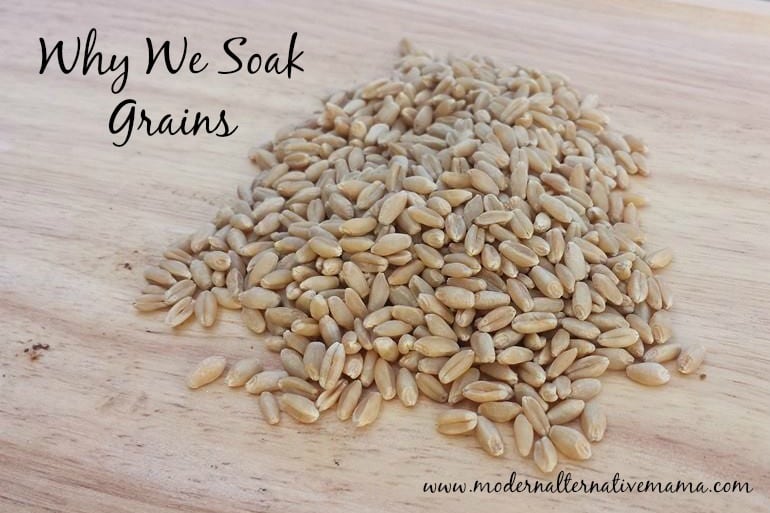

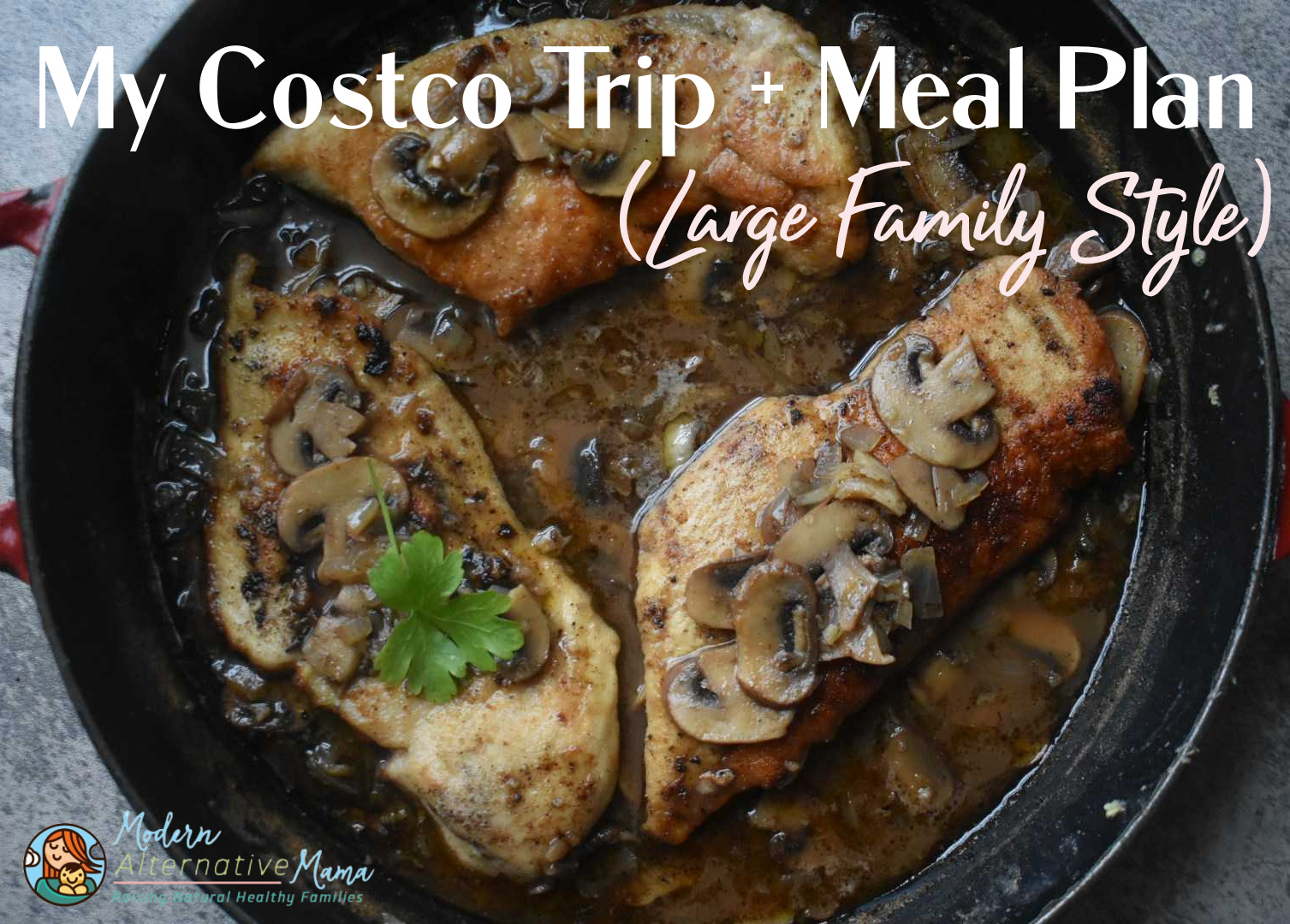
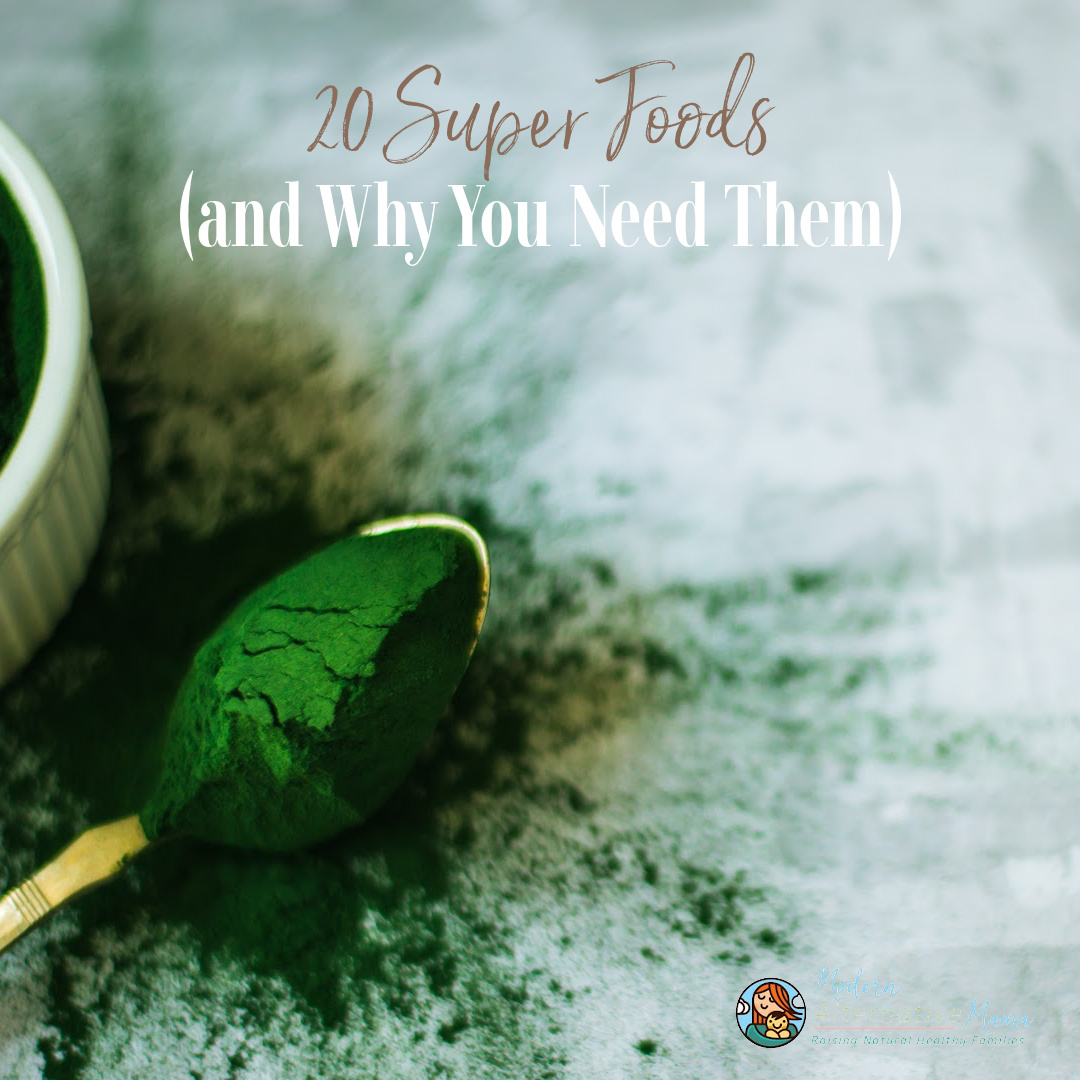
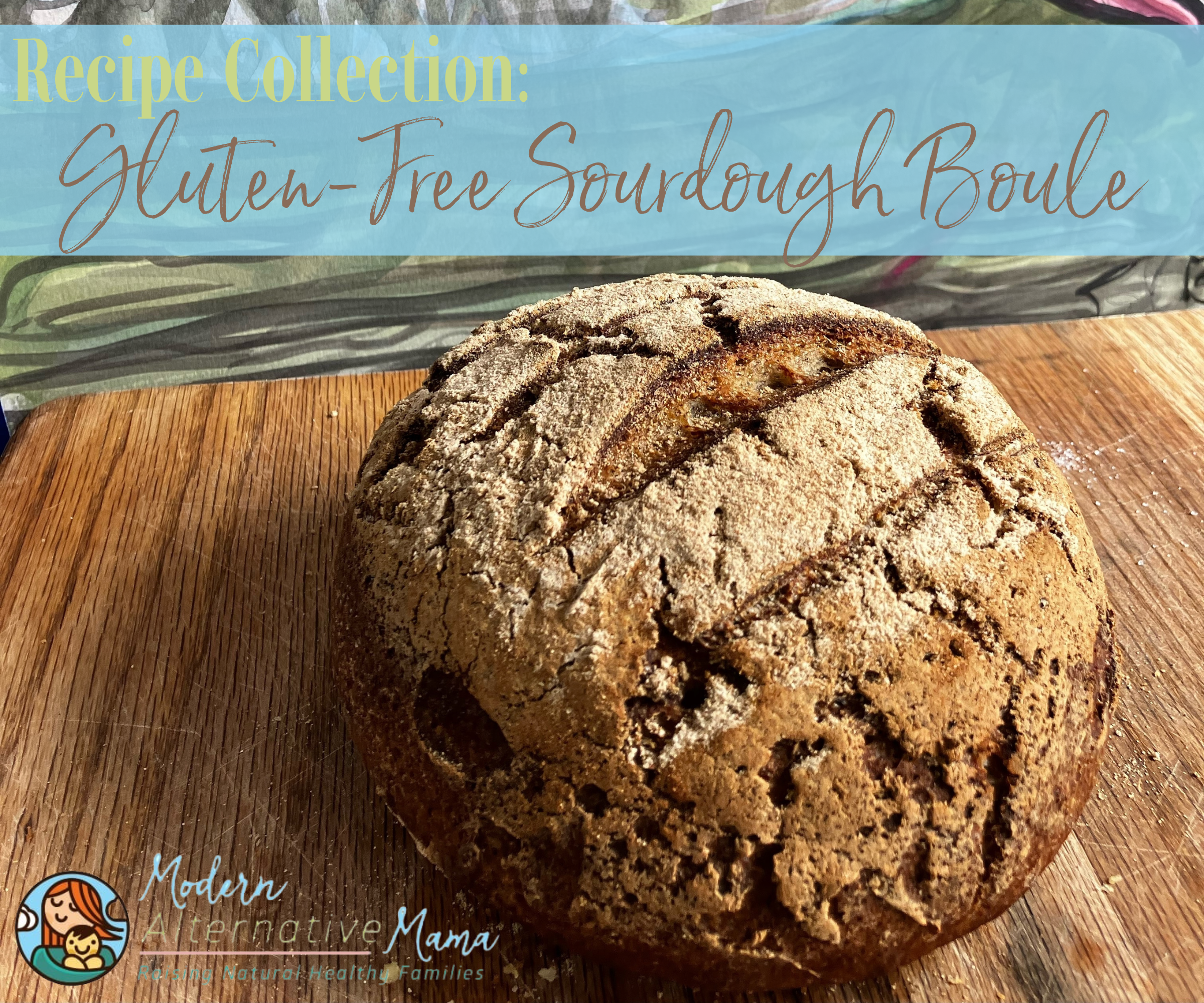
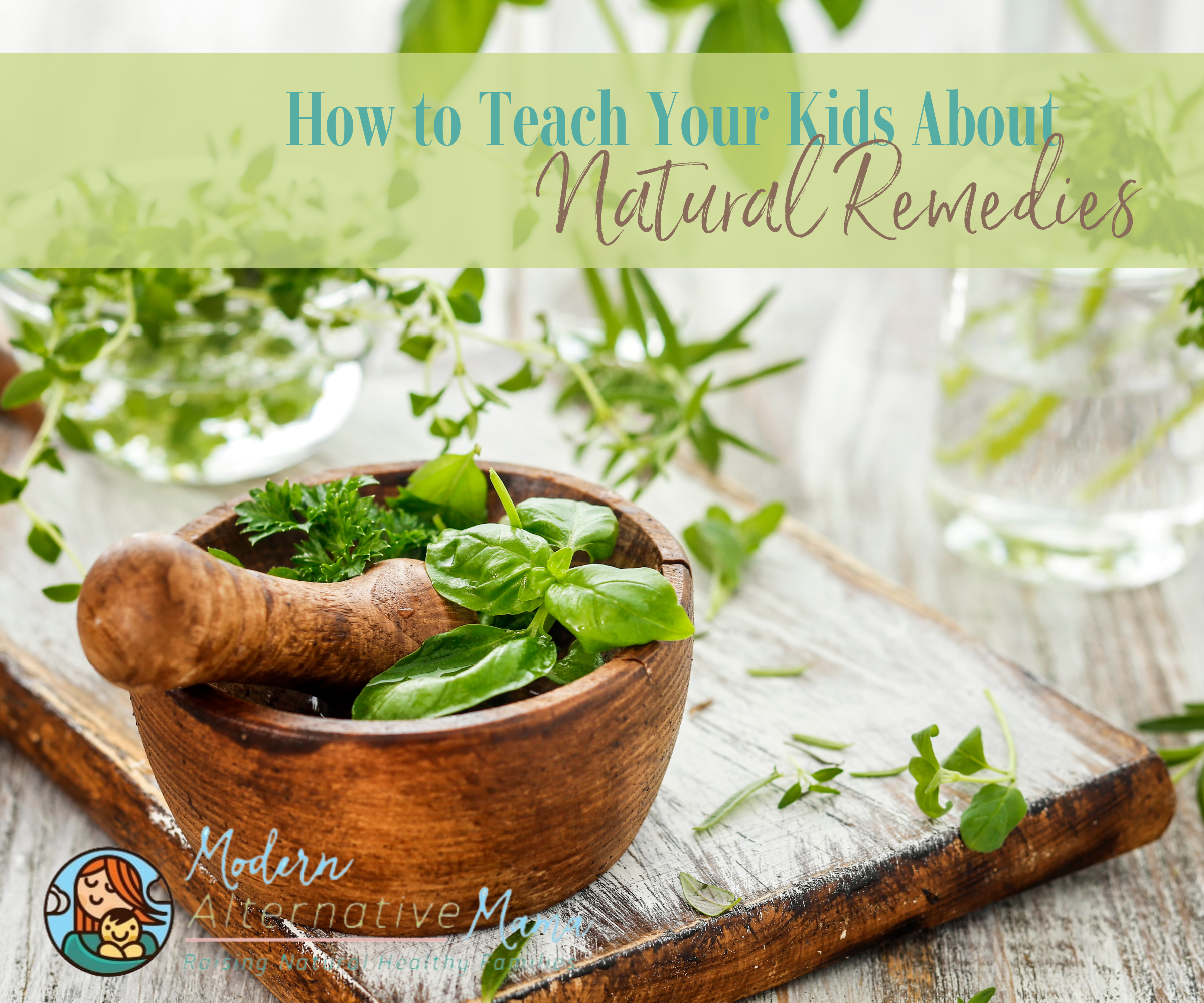

I am just getting into soaking our grains (about a week now) and haven’t noticed much difference in how we feel yet, but the food tastes better! My soaked whole wheat biscuits are the best I’ve ever had! Transitioning us to only soaked grains from now on.
By soaking do you mean sprouting? Are you then grinding the soaked grains into a wet mash or are adding them to flours whole? It was unclear.
My question is the same as Doug.
By soaking do you mean sprouting? Are you then grinding the soaked grains into a wet mash or are adding them to flours whole? It was unclear. Thank you for your time
Hi Kelly,
Soaking and sprouting are different. Sprouting involves soaking whole grains in water, then allowing them (while damp) to grow a little sprout, then drying them — or grinding them while wet.
Soaking is mixing already ground flour with the liquid ingredients in the recipe (milk, eggs, butter, etc.) and allowing it to sit overnight. I hope this helps!